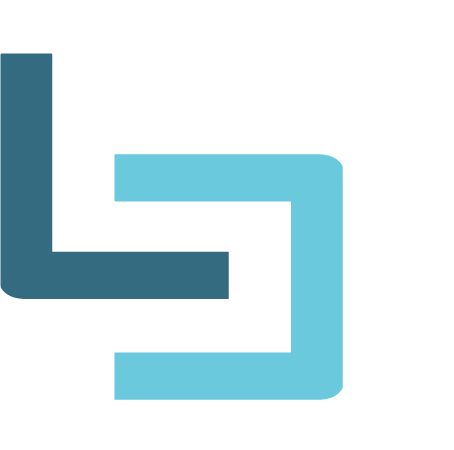
While the increase of online services has brought convenience to many, it has also brought increased opportunity for online fraud. A recent study from TD Bank Group suggests that 62% of Canadians feel more targeted now than ever by financial fraud specifically. With the increase in malicious practices popping up, it’s essential that we continue to educate ourselves. A deeper understanding of warning signs means we can work quicker to protect ourselves and our identities.
Warning #1: Pressure & Urgency
If you are actively pressured to take a loan or are sent requests for urgent responses, this is likely a scam.
Legitimate financial institutions will give you the time to make an informed decision. And a legitimate lender will certainly never threaten you with repercussions for not taking the loan. As well, receiving emails or calls demanding immediate contact or action on your loan are usually suspicious. Legitimate lenders may follow up to see if you’re still interested in the loan, but not aggressively.
Warning #2: Requests for Confidentiality
Transparency is key in all financial dealings!
A legitimate lender should always be fully transparent with you during the process; from the offer details, to delivering documents, and everything in between. If you are ever asked to keep matters confidential and not share details with authorities, family, or friends, this is an immediate red flag. A legitimate lender has nothing to hide.
Warning #3: Gmail Addresses or Unknown Senders
As a general rule of thumb – no lender communicates from a gmail address.
Always look closely at the email address a potential loan offer comes from – this can tell you a lot. Usually the fraudulent lenders try to make their addresses look official, but they won’t be quite right. And especially don’t engage if the offer came from a gmail address, this is never common practice for legitimate lenders.
Another step to protect yourself and your finances is to never open links or attachments from an unknown sender. These links and attachments can contain malware that can compromise your personal information.
Warning #4: Requests for Financial or Personal Information
Your personal information should only ever be shared with a person or source that you’re certain is legitimate and secure.
Requests for financial information related to your bank account (routing numbers), credit card numbers or PIN should not be taken lightly. Additional information requests related to birth date, security answers on your accounts, or your Social Insurance Number (SIN) should also be evaluated carefully.
Warning #5: Look for the Secure Symbol
Actual financial websites must be encrypted in order to collect confidential information.
This is often identifiable based on a closed padlock or unbroken key icon at the bottom right corner of your web browser. Additionally, a secure website’s address will start with “https” instead of just “http”. If you are ever unsure about the website, do not share your information!
Warning #6: Data Inconsistencies
If you find inconsistencies between the emails and the agreement, or throughout the agreement itself, do not sign.
It is your responsibility to review a loan agreement carefully to understand what you’re signing and how you’re protected. If you review a loan agreement and see inconsistencies throughout, especially in something as simple as their business name, do not sign it! A legitimate lender has their agreements reviewed and confirmed by their legal teams, who will catch errors like that.
Warning #7: Incorrect Terminology
Pay attention to the terminology used in your agreement – does it match your country/location?
Similar to data inconsistencies, there are signs to identify a fraudulent loan offer such as terminology related to the United States when you’re taking a loan in Canada. If you are asked for your Social Security Number, the agreement mentions state laws, or there are any addresses outside of Canada, do not sign. In order for a lender to service Canadian customers, they have to be licensed in Canada. It doesn’t matter if they also work in the US, your agreement will not reflect that terminology.
Above all else, trust your gut – if an online interaction, loan offer, agreement, or anything else doesn’t feel right, question it! We are all susceptible to financial fraud, but the more we know, the more we can protect ourselves. And LoanConnect is here to support you every step of the way. At LoanConnect, your safety and security are our top priority; we value protecting your sensitive information. We are committed to ensuring that every experience you have with LoanConnect is genuine, sage, and secure. Don’t hesitate to reach out if you have questions or are unsure of an offer. Stay safe!
For further understanding of financial fraud warning signs, we recommend also reading our previous blogs on fraudulent lending:
- Fraudulent Lender Warning Signs: 2022 Update
- Beware of LoanConnect Impersonators and Fraudulent Lenders this Holiday Season



